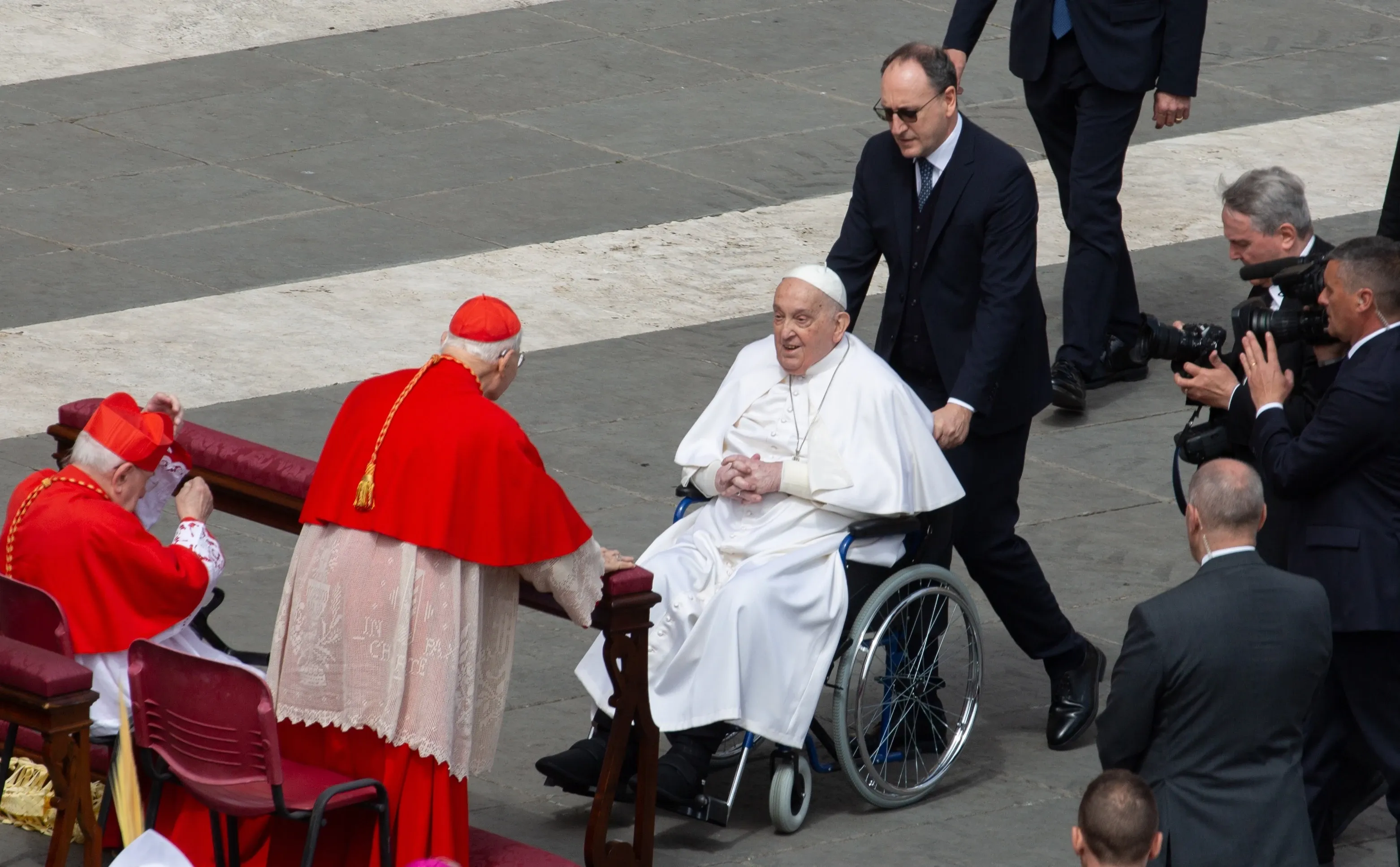Ruffini said Monday’s discussions also included requests for “greater attention to an inclusive language in the liturgy and ecclesial documents” and that the word “cooperate” in canon 208 of the Code of Canon Law, which says all Christians “cooperate in the building up of the Body of Christ according to each one’s own condition and function,” be changed to “co-responsibility.”
On “the possible reinstatement of the female diaconate,” Ruffini said there was reference to first studying the exact nature of the diaconate.
About women deacons, Köhler-Ryan said what the synod is “identifying at the moment is where there needs to be more theological consideration of different issues, and I think I can safely say this is one where there needs to be more consideration, knowing that this has been an issue that has been looked at before.”
During his pontificate, Pope Francis has formed two temporary commissions to study the question of women deacons.
The first, in 2016, examined the historic question of the role of deaconesses in the early Church. In 2019, it was announced that the 12-person commission had not reached any consensus on the question.
(Story continues below)
In April 2020, the pope formed a second commission after the topic of female deacons was discussed at the Amazon Synod the prior October, together with a request for the 2016 commission to be reestablished.
At the end of the October 2019 meeting, synod members recommended to Pope Francis that women be considered for certain ministries in the Church, including the permanent diaconate, which is an order within the sacrament of holy orders.
But in his apostolic exhortation on the Amazon, published in February 2020, Pope Francis called for women in the South American region to be included in new forms of service in the Church, but not within the ordained ministries of the permanent diaconate or priesthood.
The subject of women deacons has previously been studied by the Church, including in a 2002 document from the International Theological Commission (ITC), an advisory body to the Congregation for the Doctrine of the Faith.
In the document, the ITC concluded that female deacons in the early Church had not been equivalent to male deacons and had neither a “liturgical function” nor a sacramental one. It also maintained that even in the fourth century, “the way of life of deaconesses was very similar to that of nuns.”
Hannah Brockhaus is Catholic News Agency's senior Rome correspondent. She grew up in Omaha, Nebraska, and has a degree in English from Truman State University in Missouri.








